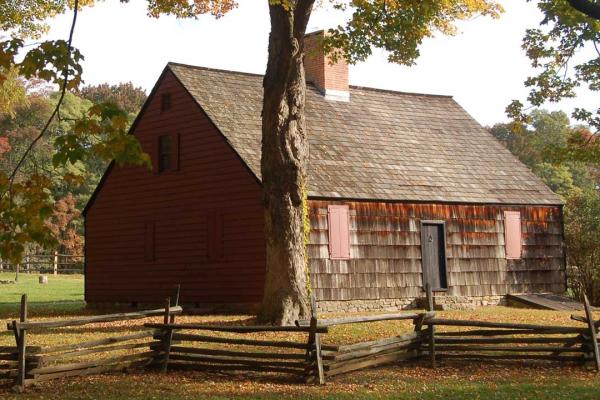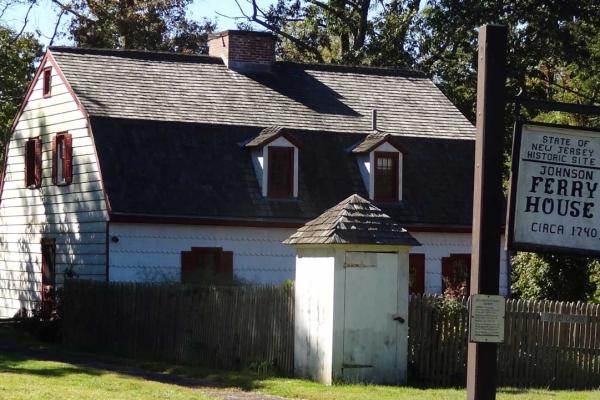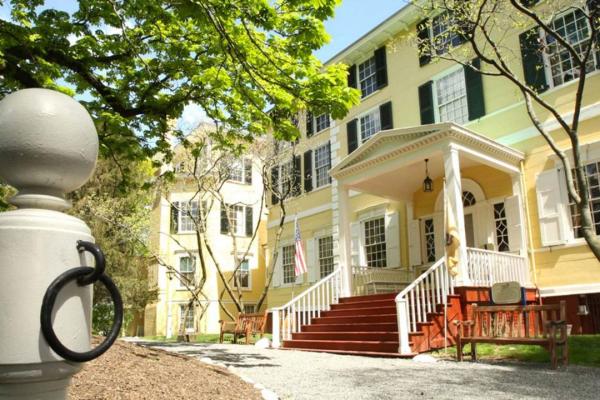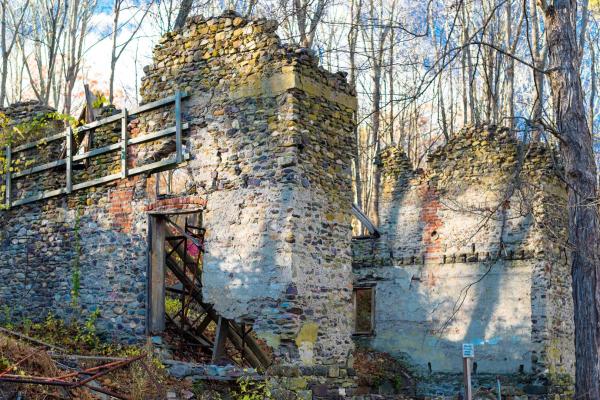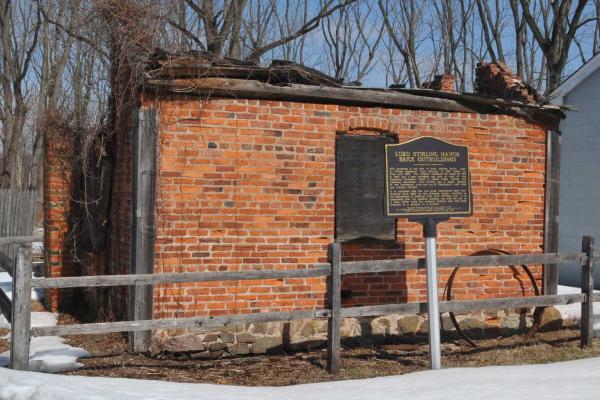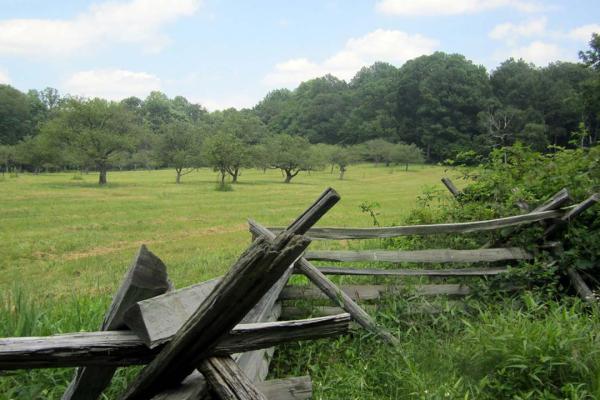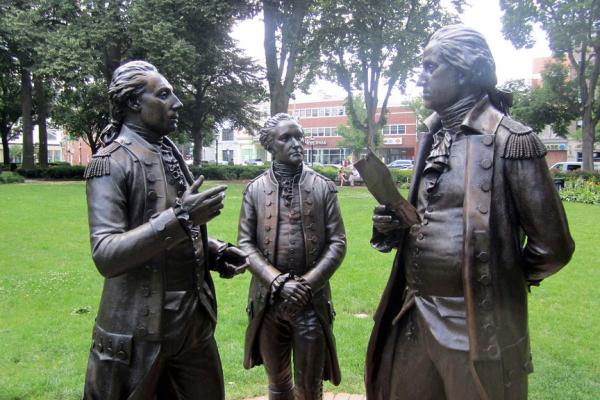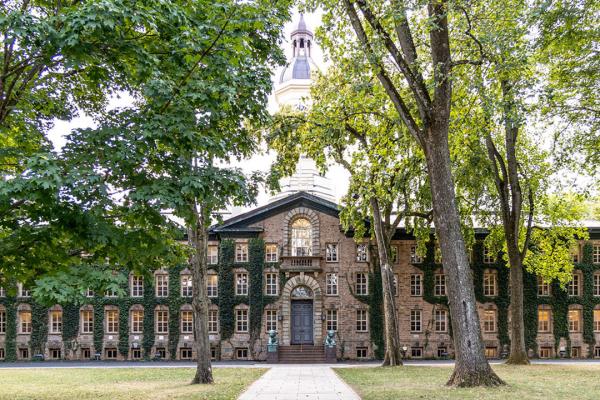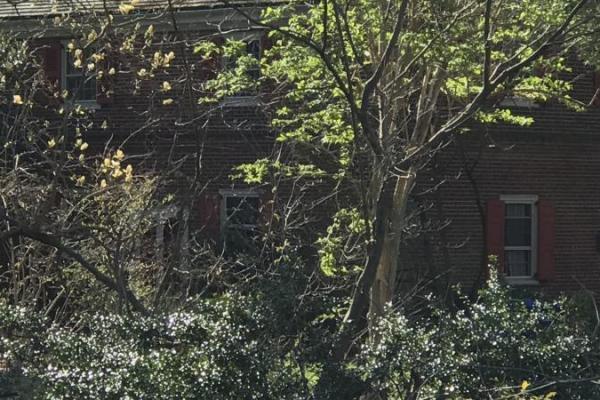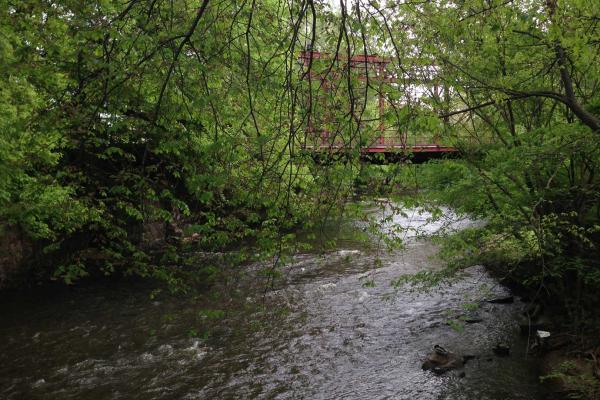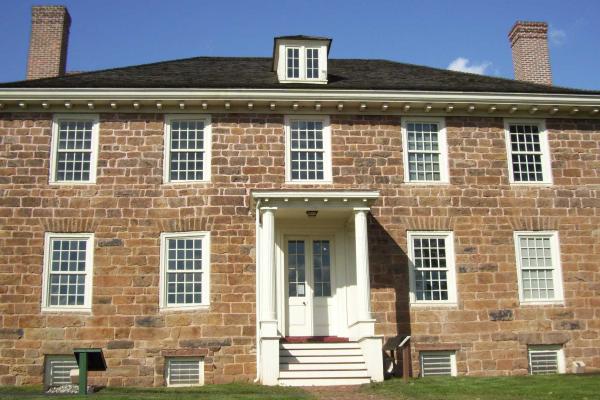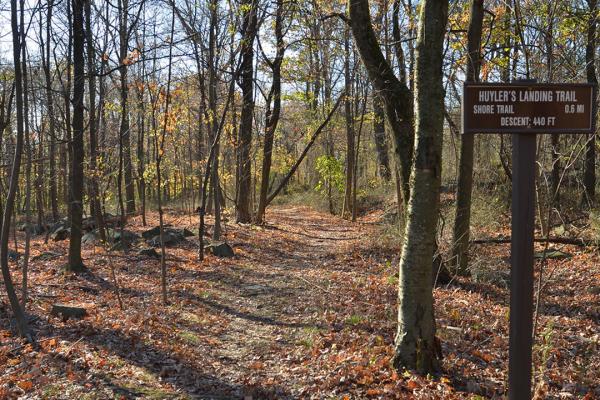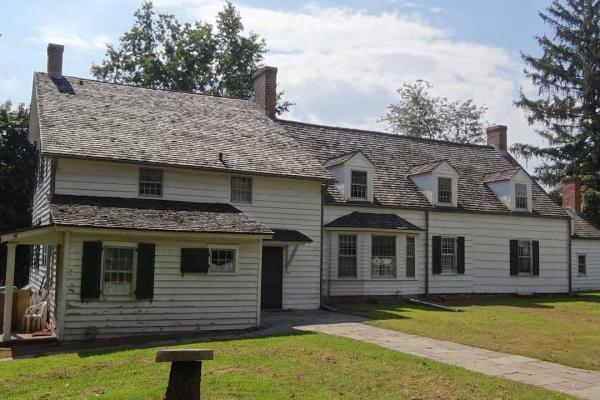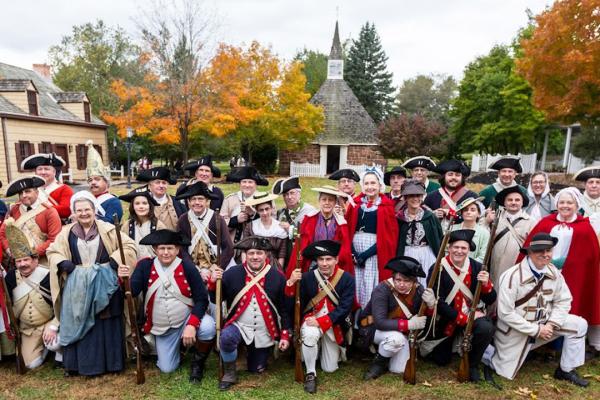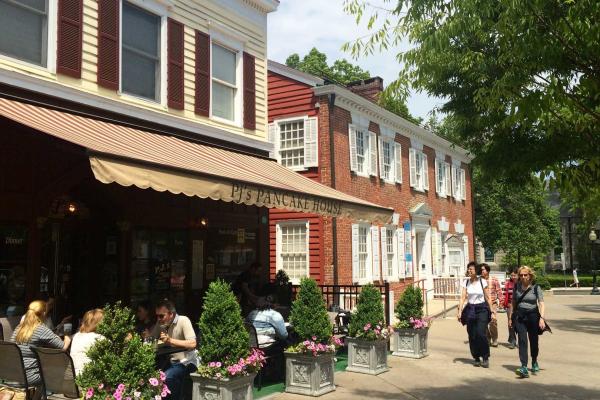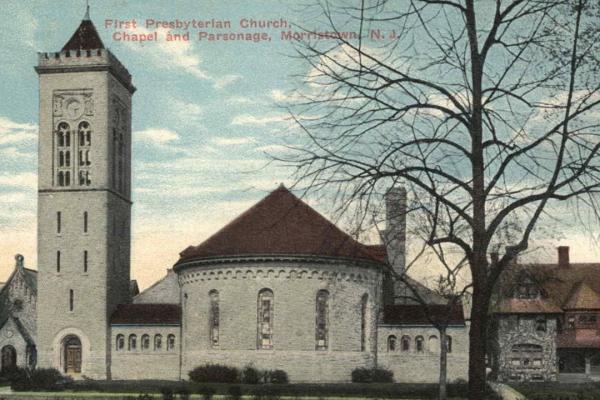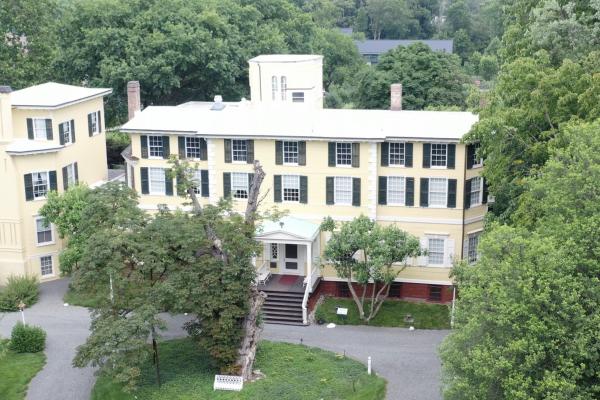A home to a Quaker family, it served as a hospital following the Battle of Red Bank.
Jockey Hollow, the site of General Washington’s winter encampment in 1779-1780, played a key role in forging the Continental Army's strength and unity...
Built in the 1740s, this building acted as a ferry house for those wishing to cross the Delaware, including the likes of George Washington and his men...
Liberty Hall was home to trailblazing governors, congressmen, senators, assembly persons, philanthropists, and entrepreneurs. Inhabited by William...
Owned and operated by German immigrants, this site once housed one of the largest ironworks in the colonies that supplied the Continental Army...
Once a sprawling manor complex in the New Jersey countryside belonging to Major General William Alexander, all that remains are two extant structures...
Morristown National Historical Park marks the site of the Continental Army’s 1779-80 encampment under George Washington. It symbolizes America’s fight...
Now a quiet park in the center of urban Morristown, this green once served as the training and parade grounds of the Continental Army during its 1777...
Nassau Hall, once the largest stone building in the colonies, housed the College of New Jersey, now known as Princeton. During the Battle of Princeton...

- parking
- accessible_parking
- wheelchair_accessible
- restrooms

- parking
- accessible_parking
- wheelchair_accessible
- restrooms

- parking
- accessible_parking
- wheelchair_accessible

- parking
- accessible_parking
- restrooms
- pet_friendly
Liberty Trail History Makers
The Revolutionary War was a war unlike any other — one of ideas and ideals, that shaped “the course of human events. Explore the history and personalities from this pivotal time in American history.Thomas Carney was an African American soldier who fought in the Continental Army during the Revolutionary War.
Born into Scottish nobility, William Leslie pursued a military career with the British Army, confident in his superiority over the American rebels. However, his life was cut short at the Battle of Princeton, where, despite his disdain for the revolutionaries, he was honored in death by none other than General George Washington and his old friend, Benjamin Rush.
Despite the prominent role Cornwallis played in the Revolution, Henry Clinton was blamed for the loss of the American colonies following the surrender at Yorktown.
Carl von Donop, a Hessian colonel, sought glory in the American Revolution but blundered at Trenton—possibly distracted by a "beautiful widow." To redeem himself, he led a doomed assault on Fort Mercer in 1777, suffering fatal wounds. Arrogant and unpopular, his American dream ended in defeat by the Delaware River.


